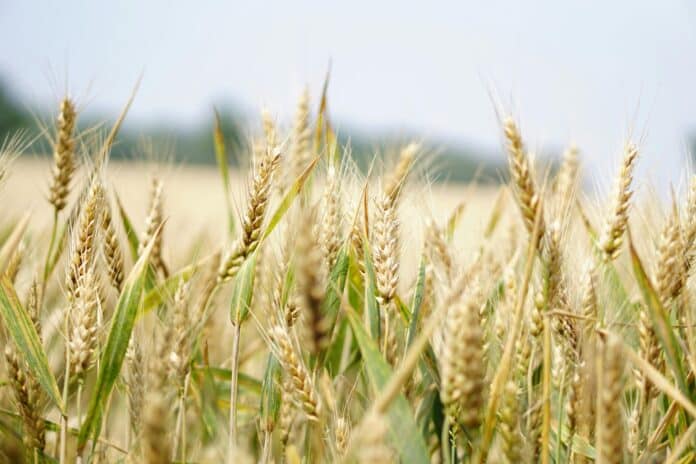Kansas farmers are bracing for financial strain as new tariffs imposed by the U.S. government begin to ripple through the agricultural sector. These trade policies, which have led to retaliatory measures from key trading partners like Mexico, Canada, and China, are putting downward pressure on commodity prices while simultaneously raising production costs.
Commodity Prices Take a Hit
For Kansas farmers, the most immediate concern is the decline in crop prices. Corn and soybean farmers—already facing a difficult few years due to fluctuating global demand—are seeing prices drop by roughly 10% since the tariffs were announced (AP News). This decrease has effectively erased profit margins for many producers, creating uncertainty about the viability of their operations. Wheat farmers, a cornerstone of Kansas agriculture, are also feeling the squeeze as trade disruptions affect export markets.
Rising Costs for Essential Inputs
Another major challenge is the increasing cost of essential farm inputs. Kansas farmers rely heavily on fertilizers, a significant portion of which is imported from Canada. With tariffs driving up these costs, producers must either absorb the higher expenses or pass them on—something that is nearly impossible given the declining commodity prices (AP News).
Livestock producers are also feeling the impact. The U.S. imports lean beef from Canada and Mexico to blend with domestic supplies for hamburger production. With the new trade policies in place, the cost of imported beef is expected to rise, which could eventually result in higher consumer prices and reduced demand for locally produced cattle (AP News).
Uncertainty Looms Over Kansas Agriculture
The unpredictable nature of trade disputes has left Kansas farmers in a difficult position. Many are questioning whether the tariffs will be temporary bargaining tools in broader trade negotiations or a long-term policy shift that will permanently alter their markets. Agricultural leaders in the state are urging policymakers to consider the long-term ramifications and advocate for solutions that protect farmers’ livelihoods (WIBW).
A Call for Stability and Support
Farmers and industry advocates in Kansas are pushing for relief measures, including federal assistance and policy adjustments to help mitigate the impact of tariffs. Some have called for increased investment in domestic agricultural infrastructure and alternative market strategies to reduce reliance on foreign trade partners.
As the situation continues to unfold, Kansas farmers remain resilient but concerned. The success of the state’s agricultural sector depends on stable and predictable trade policies that ensure fair market access and sustainable profitability. Until then, Kansas farmers will continue to navigate an increasingly uncertain landscape, hoping for policy shifts that bring relief and long-term security.





